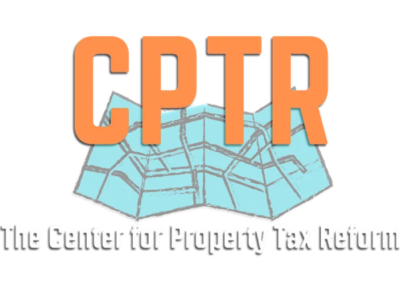Real estate ‘windfall’ tax would curb speculation and gentrification in Vancouver, OneCity says
By Jen St. Denis
Star Metro Vancouver
Thu., July 26, 2018
VANCOUVER—One of Vancouver’s civic parties is proposing an extra tax on land sales, when city policies like increasing density or adding rapid transit have pushed property values up.
OneCity is calling the land value capture tax idea “Windfall Power,” and the idea is to use the policy to keep a lid on real estate speculation and to raise more funds that could then be reinvested in public housing. For instance, if a single-family homeowner saw the value of their property rise from $2 million to $3 million because of a zoning change, the property owner would have to pay some of that value to the city when they sold their home.
OneCity is running two city council candidates in the upcoming civic election. The party says that if 1 per cent of B.C.’s land value increase over the past 10 years had been collected in a land value capture tax, the province would have had $10 billion more to put toward affordable housing.
“There are legitimate concerns about who benefits most when we upzone land,” said Christine Boyle, a city council candidate with OneCity. “We want to be really clear that the public benefits from that: that it’s a public decision and there are clear ways that people can see how that both benefits the public and helps real affordability in tangible ways.”
For example, Boyle said, a former social housing site at Little Mountain was valued at $61 million in 2005. The site has since been rezoned to allow more density and is today worth $362 million. Meanwhile, the developer, Holborn, has been criticized for a lengthy delay in the construction of the social housing that is meant to go on the site along with condos.
Boyle argued that a land value capture policy “would have had the impact of both putting pressure on Holborn to actually build, rather than just sit on the land, and would’ve captured a portion of that increase toward affordable housing.”
She believes a land value capture policy would be more transparent than the city’s current system of charging community amenity contributions to developers who are building large projects, which are negotiated privately between the city and developer.
In an attempt to limit land value speculation along the Broadway Corridor, where a new SkyTrain extension us planned, the City of Vancouver introduced an “interim development contribution expectation.” That fee will be in place until the community plan for the area, which will set out what type of development is allowed on the corridor, is completed.
OneCity is also in favour of changing the zoning currently in place in single-family neighbourhoods to allow for lowrise and midrise rental apartment buildings. Tom Davidoff, a professor of economics at the University of British Columbia, supports both upzoning single-family zones and the land value capture idea.
“The city is sitting on this resource, which is bad zoning,” he said, arguing that upzoning with a land value capture in place could result in a significant injection of funds for affordable housing.
Jen St. Denis is a Vancouver-based reporter covering affordability and city hall. Follow her on Twitter: @jenstden
Comments:
Note a few key phrases that get to the heart of value capture:
“…the idea is to use the policy to keep a lid on real estate speculation and to raise more funds that could then be reinvested in public housing.” If rapidly growing Vancouver city had value capture in place during the last ten years, $10 billion of public funds – at no cost to the general fund – would have been available to build new affordable housing! BC Province, Washington, and Oregon are wasting time talking about capturing land value increments but doing nothing to put it into action!
“…a land value capture policy “would have had the impact of both putting pressure on [condo developer] Holborn to actually build, rather than just sit on the land.” If we want new development in designated transit communities and redevelopment districts to proceed without delays, then taxing land assessments more than improvements will provide exactly that incentive.
Note also that OneCity civic party is following the example that Portland is now setting by re-zoning single family neighborhoods to allow “missing middle” housing.
Move-on Cascadia!



